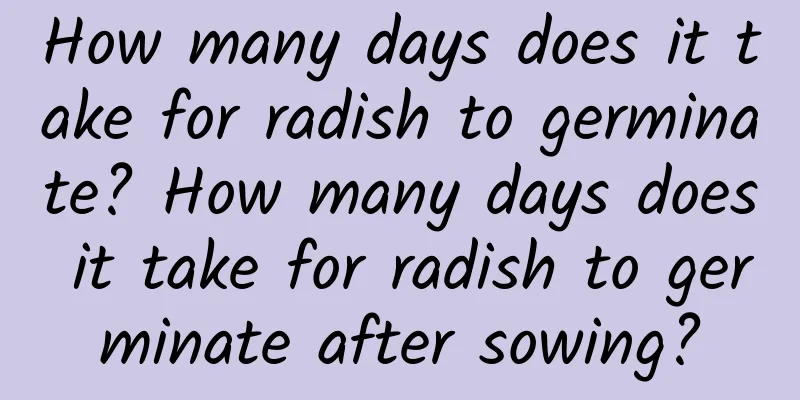Difference Between Ramie and Flax

1. Leaf DifferenceRamie leaves are alternate, herbaceous, round-ovate or broad-ovate, rarely oval, about 6 to 15 cm long and 4 to 11 cm wide. The apex of the leaves is sharply pointed, the base is nearly truncated or broadly cuneate, and the edges have teeth above the base. The upper side of the leaves is slightly rough, with sparse short hairs, and the underside of the leaves is covered with dense snow-white felt hairs. The leaves of flax are alternate, linear, linear-lanceolate or lanceolate, 2 to 4 cm long, 1 to 5 mm wide, with a sharp tip and a gradually narrow base. There is no petiole and the leaves are rolled inward. 2. Flower DifferencesRamie has axillary panicles, about 2 to 9 cm long, and male flowers have four tepals that are narrowly elliptical and about 1.5 mm long. Flax flowers grow solitarily at the top of branches or in the upper leaf axils of branches, forming sparse corymbose inflorescences. The diameter of the flowers is 15 to 20 mm, with 5 petals, which are obovate, blue or purple-blue, and vaguely white or red. |
<<: The difference between sour jujube and hawthorn
>>: The difference between long-leaf thorny sunflower and soft-leaf thorny sunflower
Recommend
What fertilizer is good for foliage plants? What fertilizer is mainly used for foliage plants?
When we grow flowers at home, we plant them in po...
Does the peony have a fragrance? (with an introduction to the fragrance of different color varieties)
1. Has fragrance The phrase "national beauty...
Can dragon fruit remove freckles?
Can it remove spots? I won’t keep you in suspense...
How to plant mango seeds
Mango is a tropical fruit, suitable for cultivati...
Can daffodils be placed indoors? How to grow them at home?
1. Can I put it at home? Daffodils can be grown a...
What to do if the leaves of Chunlan turn yellow
1. Water appropriately: Cause: If the soil in the...
Why do diamonds and jadeite always shed leaves?
1. Adapt to the environment Reason: When Diamond ...
Can papaya seeds grow in potted plants?
1. Can it grow up? Papaya seeds can naturally gro...
The difference between Viola and Viola yedoensis
1. The difference of flowers: The color of violet...
How to grow Aspidistra to make it bloom
Aspidistra is a perennial evergreen epiphytic bul...
How to grow dragon beard orchid, the leaves are green and shiny
Fertilization Before planting the dragon beard or...
When is the best time to plant winter garlic?
Winter garlic, also known as winter garlic, is a ...
How to grow butterfly plum, what to do when the leaves turn yellow
1. Breeding methods 1. Sunlight: It needs sunligh...
How long is the growth cycle of Pseudostellaria heterophylla
Growth cycle of Pseudostellaria heterophylla The ...
How often should I fertilize the lucky tree and what kind of fertilizer should I use?
How often should I fertilize the lucky tree? The ...









